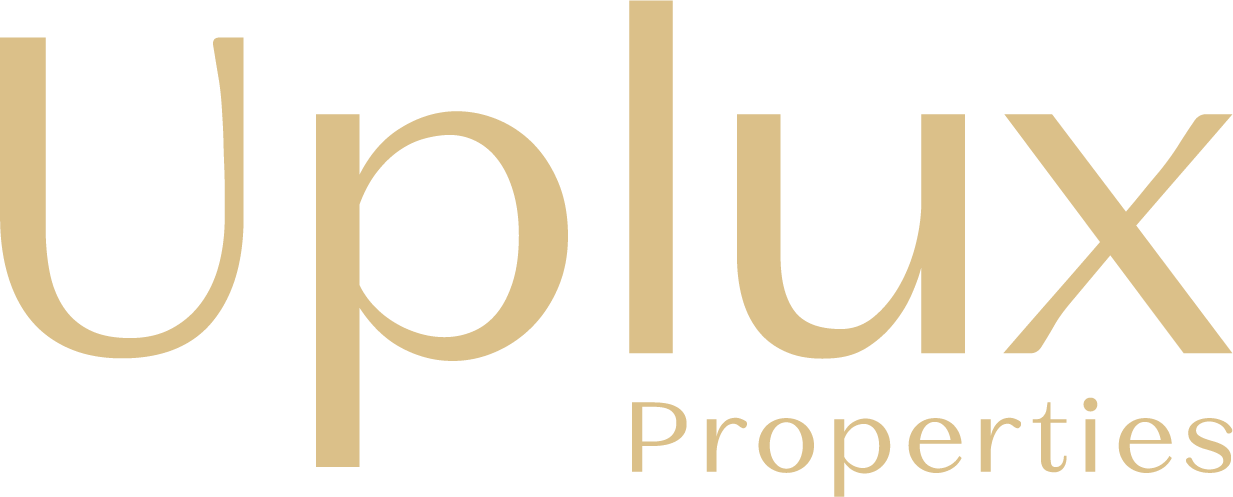Despite the generally slow summer months, Dubai’s real estate market had one of its greatest quarters ever in 2025, extending its amazing run.
According to Engel & Völkers Middle East, commercial transaction values surged 31% in the third quarter, while residential sales rose 22.7% year on year.
The findings underscore Dubai’s growing reputation as one of the world’s most stable and mature real estate markets, bolstered by strong investor confidence, a steady stream of new residents, and deep-rooted end-user demand.
“Dubai’s property market has reached a new level of maturity,” said Daniel Hadi, CEO of Engel & Völkers Middle East. “We’re seeing not just speculative investment but a long-term commitment from people who view Dubai as home — a place to build their lives, careers, and legacies.”
With over four million citizens, the city has a significant demand for both residential and commercial properties. Off-plan properties accounted for over 70% of all transactions in the housing market, dominating activity. Apartments accounted for 87 percent of total sales, with 47,705 units sold for Dh91.4 billion, up 26.4% from the previous year. The luxury market continued to expand, with 1,388 transactions for more than Dh10 million—the second-highest quarter ever. Two significant acquisitions included a Dh173.6 million apartment at Aman Residences in Jumeirah and a Dh350 million off-plan mansion at Jumeirah Asora Bay.
There has been a wide spectrum of demand, with new off-plan developments such as Dubai Science Park, Damac Riverside, and DLRC attracting significant investor interest due to their long-term potential. Meanwhile, secondary-market activity remained high in well-known locations such as Downtown Dubai, Dubai Marina, and Jumeirah Beach Residence. Rising rents and a greater sense of permanence among expatriate residents are also driving a gradual transition from renting to ownership, particularly among families and professionals looking for long-term security in the UAE.
Similarly dynamic was the commercial sector, which had 3,418 transactions totaling Dh30.4 billion, a 31% rise over last year. Every asset class experienced double-digit growth: buildings rose by 50%, retail by 37%, offices by 45%, and land by 38%. Ras Al Khor reported Dh2.9 billion in large-scale land transactions, while Business Bay led with Dh3.4 billion in agreements.
The office industry has performed admirably as a result of rising demand for modern, ecologically friendly, and conveniently situated workplaces. The quarter saw the sale of 1,151 offices for Dh3.1 billion, about double the value from the previous year. Investor confidence in Dubai’s next stage of business and economic expansion is reflected in off-plan office sales, which climbed from 69 in Q3 2024 to 389 this year. “The growth in off-plan office demand demonstrates how investors are responding to Dubai’s changing business scene,” Hadi explained.
These trends are backed by a strong economic environment. The International Monetary Fund expects that diversification measures, fiscal prudence, and sustained foreign investment would boost the UAE’s GDP by 4.8% in 2025 and 5% in 2026. Although inflation remains low, the property market is expected to gain traction in 2026 due to anticipated interest rate cuts.
According to market experts, Dubai’s resiliency has allowed it to weather cyclical ups and downs. Together with its fast rising population and infrastructure pipeline, the emirate’s ability to attract international capital, high-net-worth individuals, and multinational corporations strengthens its position as a premier global city.
Engel & Völkers expects both the residential and commercial segments to continue growing in the fourth quarter of 2025.
“Dubai has demonstrated that sustainable growth is now embedded in its DNA,” Hadi said. “It’s no longer just a city for investment — it’s a city of belonging, ambition, and enduring value.”



